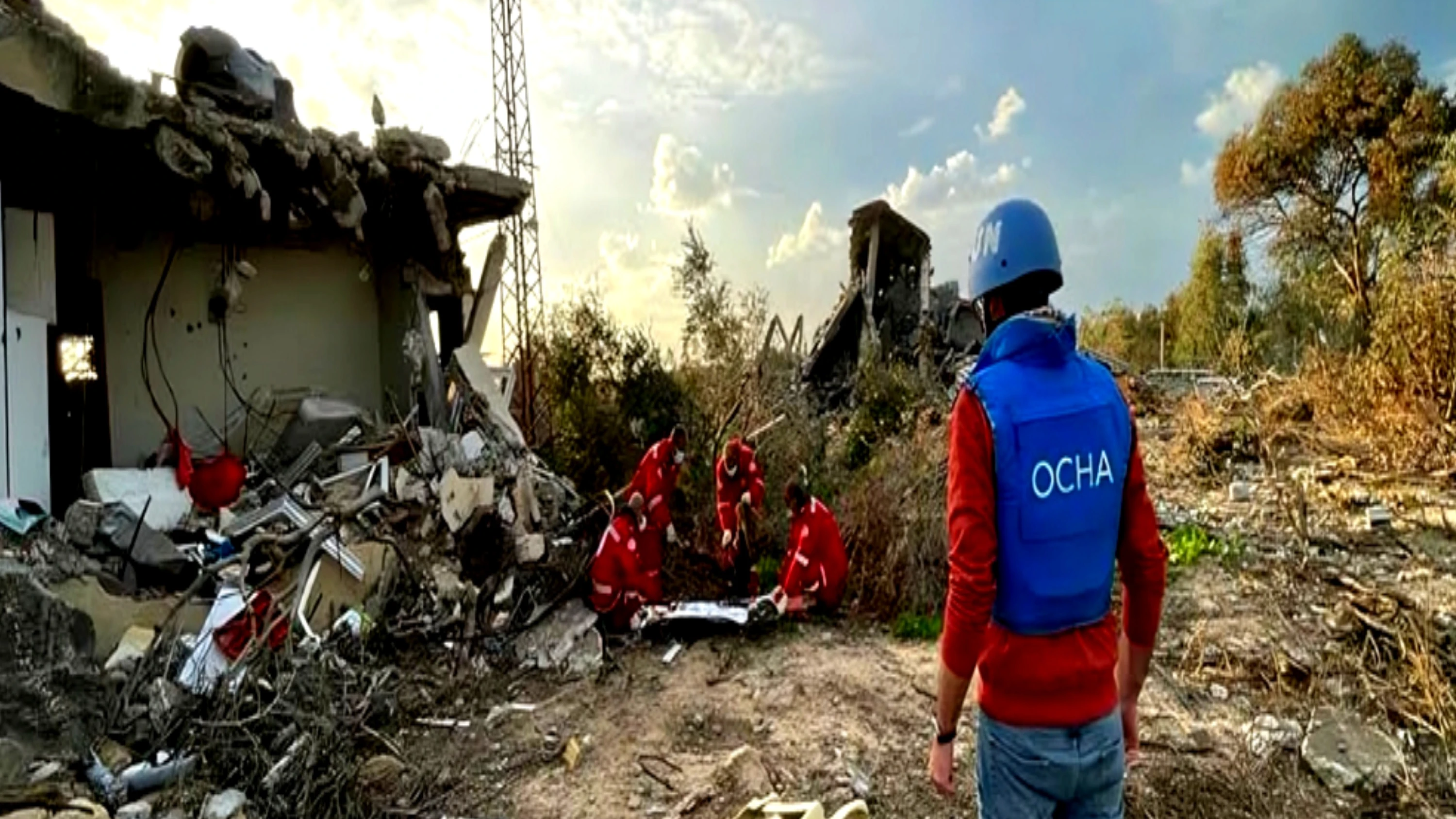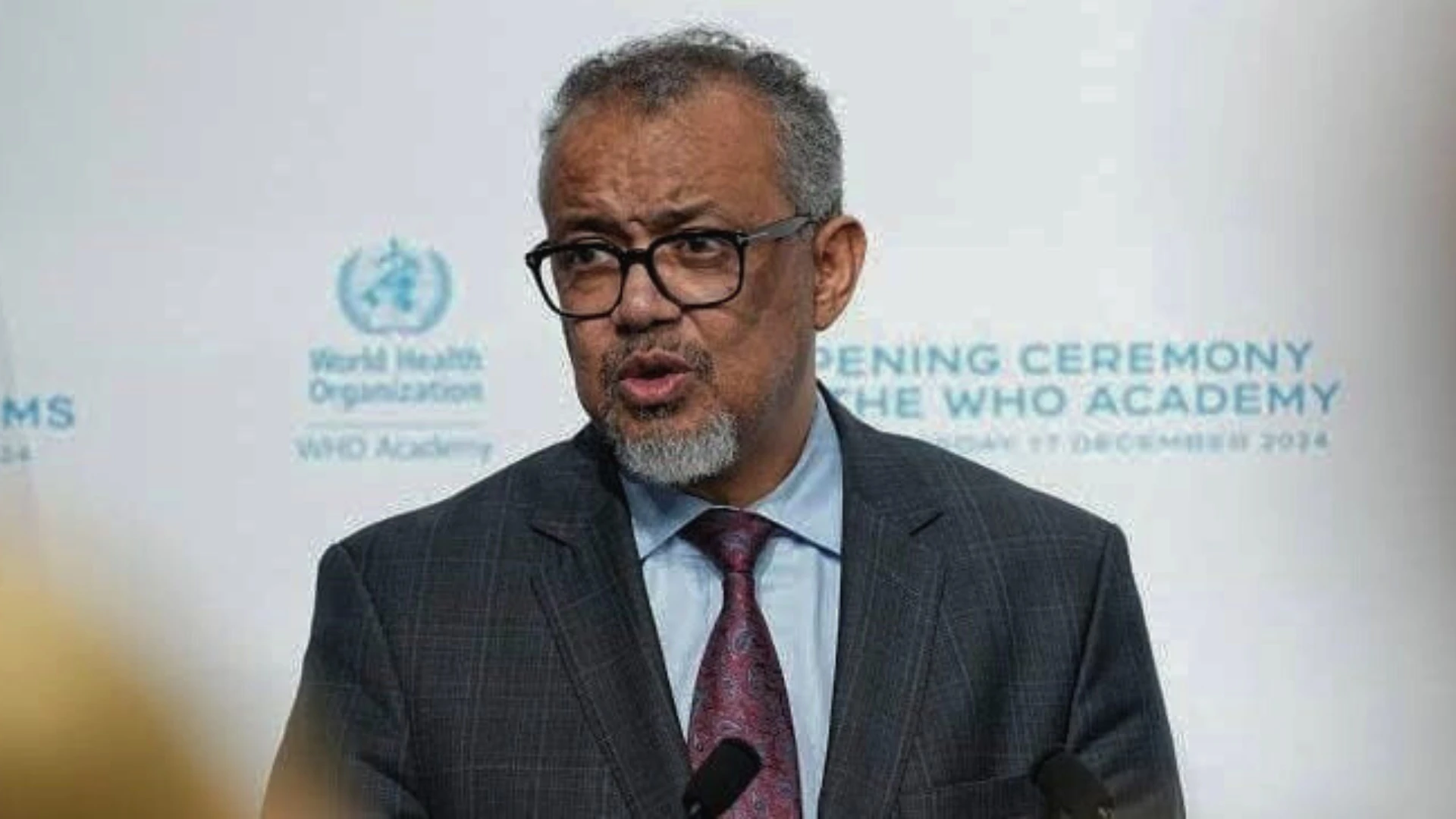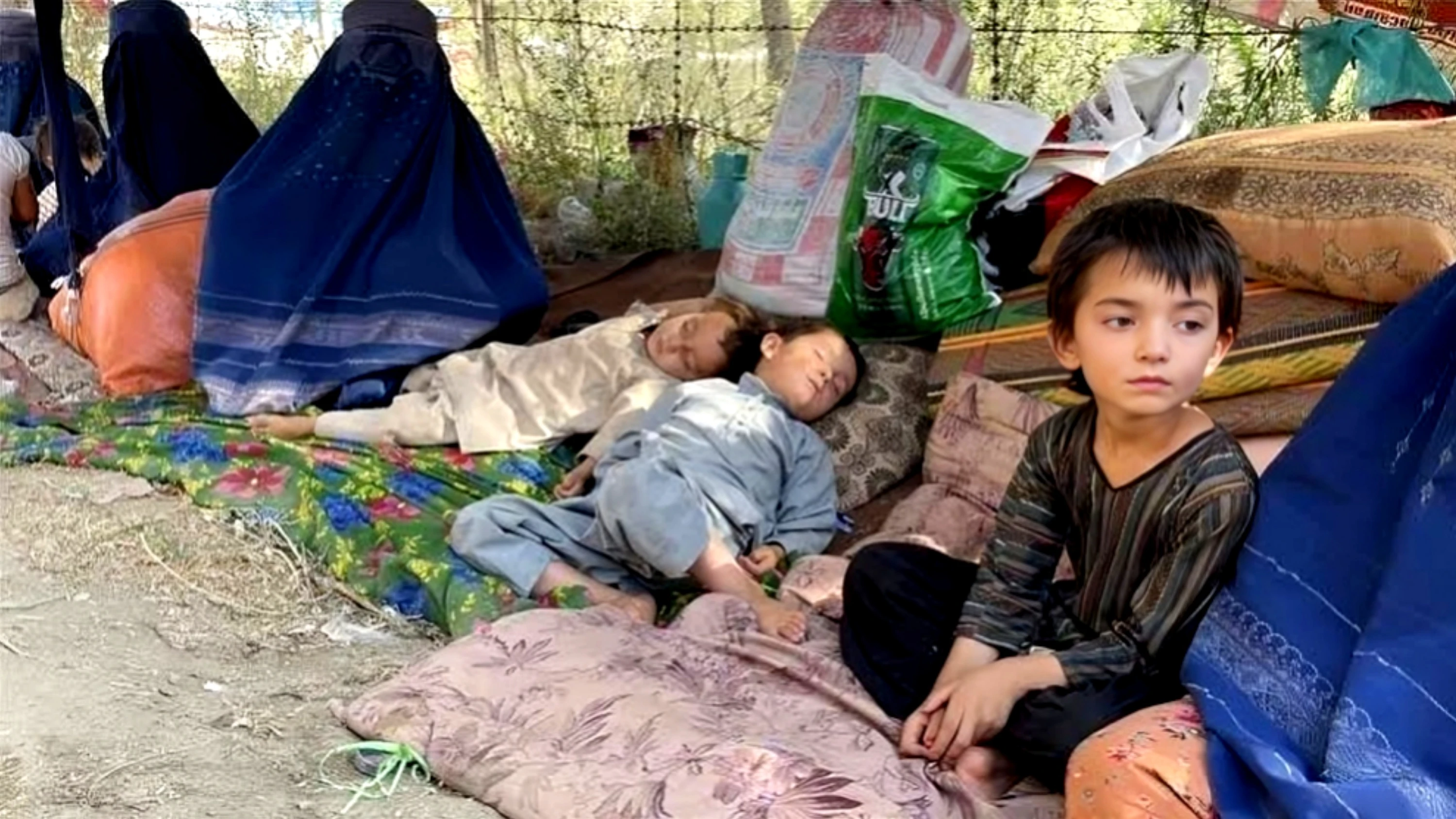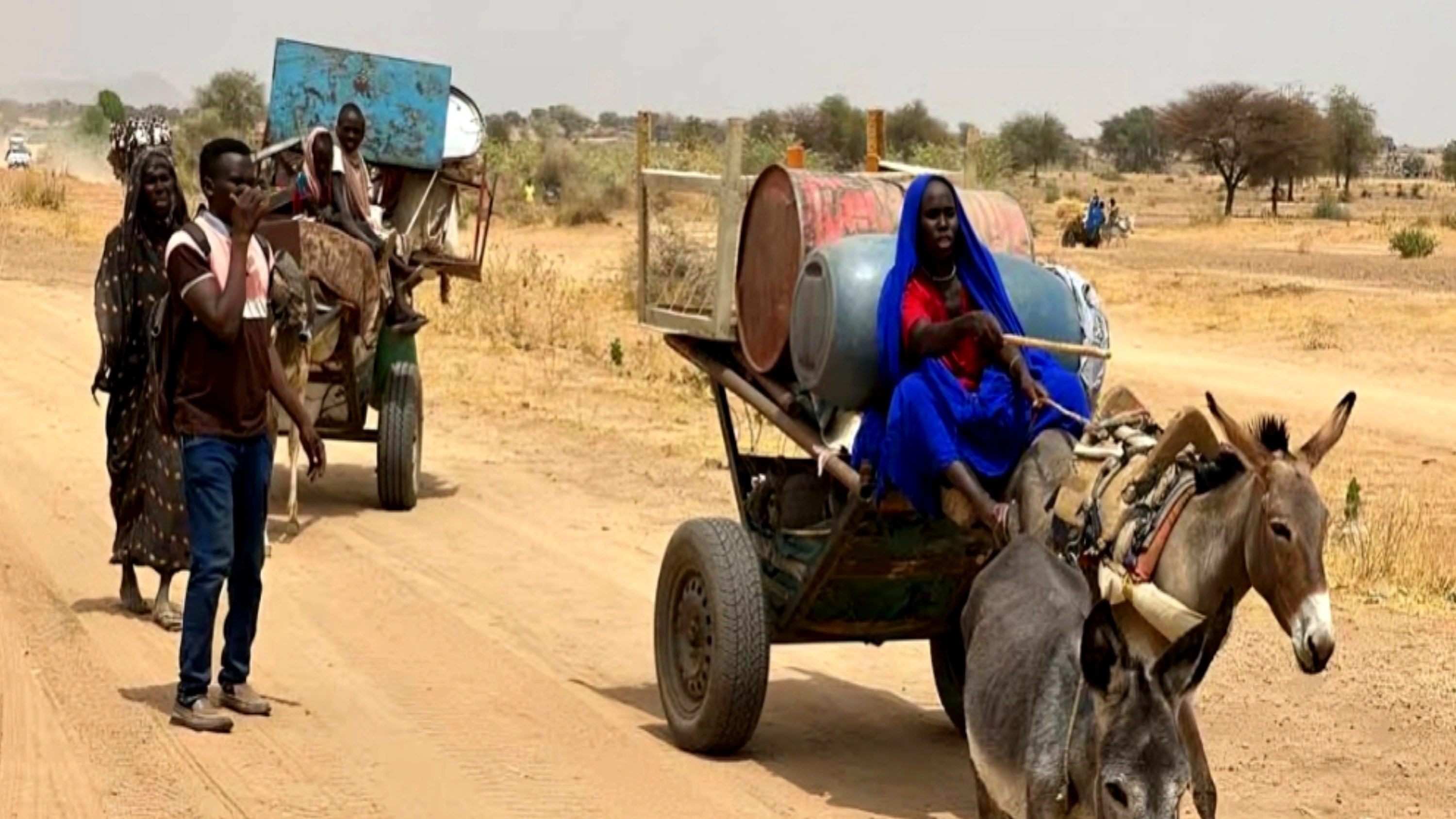Gaza: The United Nations Office for the Coordination of Humanitarian Affairs (OCHA) has issued a stark warning about the worsening humanitarian crisis in the Gaza Strip, where intense violence continues to claim lives daily, while critical relief operations are being obstructed.
Jonathan Whittall, OCHA’s Head of Office in the Occupied Palestinian Territory, currently stationed in Gaza, provided a harrowing update to the media on the unfolding situation. He described a deadly pattern in which civilians are being killed in their attempts to secure food, recounting visits to Nasser Hospital where he met several injured individuals.
“What we are witnessing is nothing short of carnage,” Whittall said. “This is hunger used as a weapon. Forced displacement. A death sentence for people who are simply trying to stay alive. Altogether, it seems aimed at wiping out Palestinian life from Gaza.”
Despite having a ready-to-implement humanitarian plan capable of reaching every family in Gaza, Whittall emphasized that the UN and its partners are being blocked from executing it.
There was a brief glimmer of hope over the weekend when telecommunications across Gaza were temporarily restored following the repair of damaged fiber optic cables. Humanitarian workers were able to enjoy over 24 hours of stable communication – a rare and crucial window for coordinating relief activities.
However, this connection is at risk again, as fuel supplies remain critically low. Aid workers have cautioned that unless fuel deliveries are urgently resumed, essential services like telecoms, emergency healthcare, water desalination, and ambulance operations could come to a halt.
Currently, aid teams are carefully rationing the small reserves left and attempting to recover stored fuel from hard-to-access areas. Earlier today, one team successfully reached a fuel cache in Rafah. If fully retrieved, the supply may offer temporary relief to key services – but not for long. OCHA reiterated the need for Israeli authorities to allow the entry and movement of fuel in sufficient volumes, especially to the north, where access is often denied.
Humanitarian efforts face immense logistical barriers, with most areas of Gaza under strict coordination requirements. Over the weekend, of the 16 aid missions proposed by the UN and its partners, half were denied. These blocked operations included deliveries of fuel and water, nutrition services, and body retrievals. Some non-supply missions, like staff movements and solid waste removal, were approved.
Meanwhile, displacement orders remain in effect across large parts of Gaza. Today, Israeli authorities issued a new directive targeting two neighborhoods in Khan Younis, citing militant activity. These areas had already been subjected to previous evacuation notices and are home to two hospitals – Al Amal and Nasser. While Israeli officials have stated that hospitals are not required to evacuate, the renewed designations have made it harder for patients and medical staff to reach these facilities.
Nasser Medical Complex in particular is under immense strain. Lack of fuel has hampered transportation, and fears for safety have discouraged movement. Last week, field hospitals in Khan Younis saw a threefold surge in admissions, mostly due to reduced access to Nasser, which is overwhelmed by trauma cases and struggling to cope.








